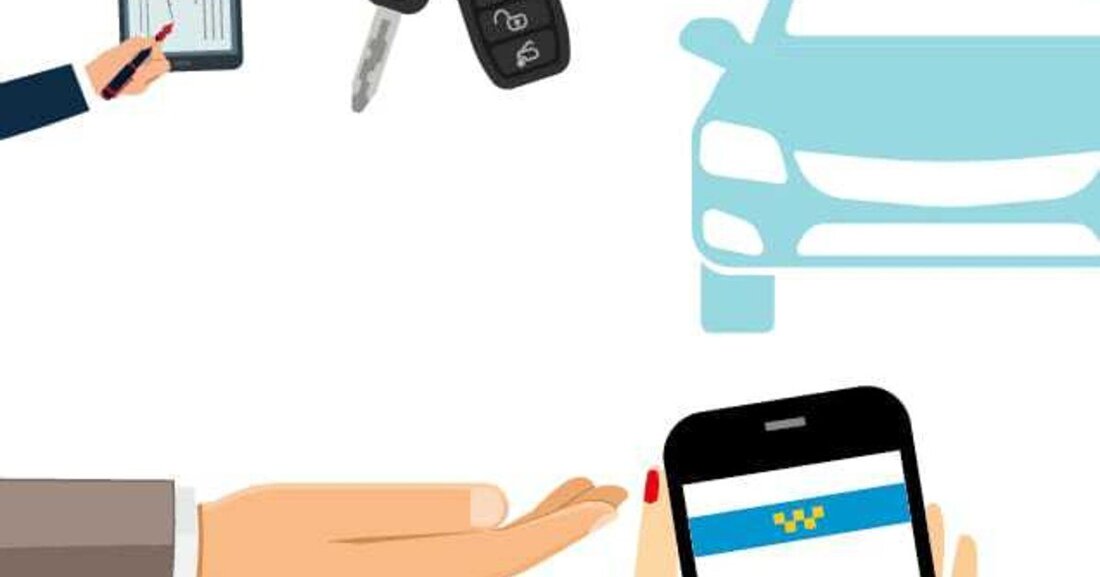Diez on the digitalization of the car trade
For the AUTOMOBILE TRADE, “personal customer service or digital savvy do not apply. In any case, both are needed.” Professor Willi Diez is completely convinced of this.

Diez on the digitalization of the car trade


Professor Willi Diez - Director of the Institute for the Automotive Industry IFA - recently emphasized it at a Dekra event in Vienna: In addition to electrification, digitization in particular poses huge challenges for companies. The automotive trade is currently still suffering from a “digital deficit”, i.e. it hardly makes use of digital options any more. In the digital age, speed is the decisive factor. “What we love about cars is what we have to live in the car dealership: speed,” says Professor Diez. Digitalization is both a threat and an opportunity. A threat because there is a risk that new digital players will occupy the interface with the customer and thus displace retail from direct customer contact. The GW stock exchanges have already achieved this in the used car market. At the same time, digitalization also offers a significant opportunity for the automotive trade because it opens up new ways to reach customers and offers opportunities to optimize the sales and service process in car dealerships.
“What we love about cars is what we have to live in the car dealership: Speed!”PROFESSOR WILLI DIEZ
CAR DEALER 2025
The situation seems paradoxical. On the one hand, automobile manufacturers are questioning the current business model in stationary retail. On the other hand, enormous investments are still being made in new car dealerships. “Autohaus 2025 – the future of the automobile trade”, a study by the IFA at the Nürtingen-Geislingen University of Economics and Environment on behalf of Dekra, comes to the essential conclusion that it is not an either/or, but rather a both/and: “Of course, direct online sales will become more important in the future,” Diez is convinced. But for many customers, the car dealership will continue to be the most important point of reference when buying a car in the future. Numerous processes in the car dealership would now take place “digitally”. However, there will still be customers who want personal contact and personal approach. For Professor Diez it is clear: “It’s about intelligent networking between digital and personal advice.” In this case, “intelligent” means that the digital instruments are used in such a way that they facilitate and intensify personal contact. “Digitalization doesn’t need fewer people, it needs more people,” Diez puts it succinctly. In short: The car dealership in 2025 will become a digital store. But people would continue to make the difference in the future.
“Digitalization doesn’t need fewer people, but more people.”PROFESSOR WILLI DIEZ
CONCLUSION OF THE STUDY
The fact is: The car dealership as a digital store will not be a soulless high-tech operation. To the extent that it will lose its monopoly position as a point of sale, it must create an optimal symbiosis between digital and personal customer contacts. And then it will offer customers and car manufacturers added value and thereby ensure its own survival. Manufacturers and dealers have to “process” the potential car buyer both personally and digitally. The willingness to make a purchase digitally will undoubtedly increase. Willi Diez believes that in 2025, 20 percent of sales to private customers could actually take place online. In addition: stationary retail formats must move closer to the customer again. For this purpose, formats will be increasingly defined that will be placed at frequented and central – and therefore expensive – locations. The range extends from brand lands and flagship stores to city and pop-up stores and temporary roadshows.
DIGITAL VERSUS IN PERSON
The truth is that the car dealership benefits from the fact that long-term and sustainable unique selling points cannot be built on the digitalization of showrooms and sales processes alone. Digital services are based on devices and algorithms, all of which can be copied in a short time. This means that differentiation in competition via digital services in car dealerships is only possible temporarily. What actually makes the difference is the personal quality of care. This is becoming significantly more important as a success factor in the age of digitalization.

 Suche
Suche
 Mein Konto
Mein Konto